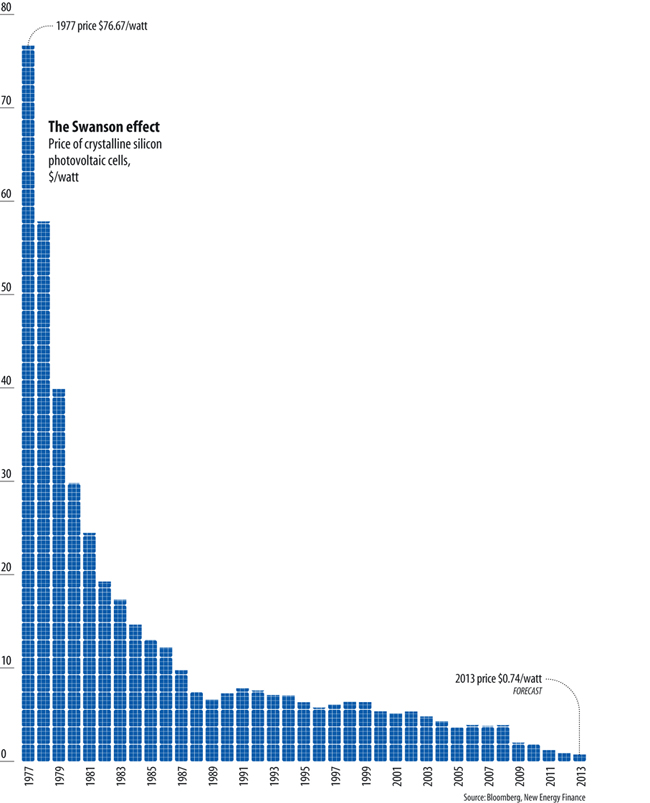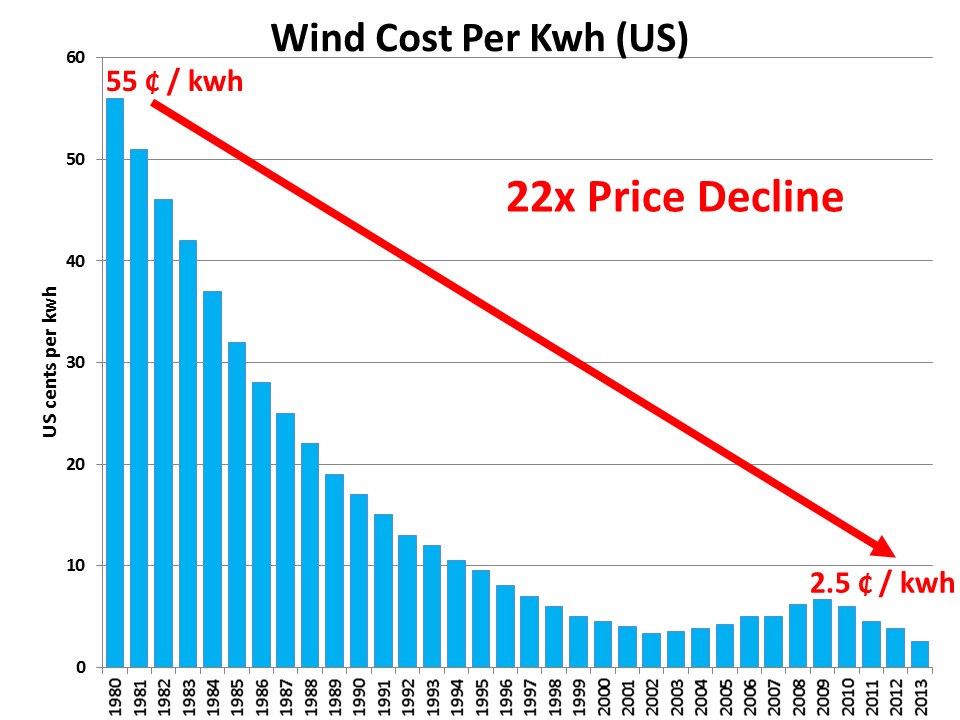- Joined
- Jan 2, 2013
- Messages
- 19,259
- Reaction score
- 6,899
- Gender
- Undisclosed
- Political Leaning
- Conservative
But what about climate change? Current renewable sources of energy are not technologically capable of lifting hundreds of millions of people out of energy poverty. Consequently, the Breakthrough writers see "no practical path to universal access to modern levels of energy consumption" that keeps the projected increase in global average temperature below the Paris Agreement on climate change goal of 2 degrees Celsius above the pre-industrial level. This implies that atmospheric concentrations of carbon dioxide will exceed 450 parts per million. They correctly point out that forcing poor people to forego economic development in order to prevent climate change is a "morally dubious proposition." They additionally observe that the wealth and technology produced by economic growth increases resilience to climatic extremes and other natural disasters. When bad weather encounters poverty, disaster ensues.
The Breakthrough Institute report invokes the University of Colorado political scientist Roger Pielke Jr.'s "iron law of climate policy," which states that "when policies on emissions reductions collide with policies focused on economic growth, economic growth will win out every time." People will always favor policies to lessen energy poverty over strategies that aim to reduce the risks of man-made climate change.
"Lifting all of humanity out of energy poverty does increase the risk of catastrophic climate change impacts to some unknowable degree," concludes the Breakthrough Institute report. "But it is untenable morally and practically to insist that global climate change targets be balanced upon the backs of the poorest people on earth
comments?
The Breakthrough Institute report invokes the University of Colorado political scientist Roger Pielke Jr.'s "iron law of climate policy," which states that "when policies on emissions reductions collide with policies focused on economic growth, economic growth will win out every time." People will always favor policies to lessen energy poverty over strategies that aim to reduce the risks of man-made climate change.
"Lifting all of humanity out of energy poverty does increase the risk of catastrophic climate change impacts to some unknowable degree," concludes the Breakthrough Institute report. "But it is untenable morally and practically to insist that global climate change targets be balanced upon the backs of the poorest people on earth
comments?


